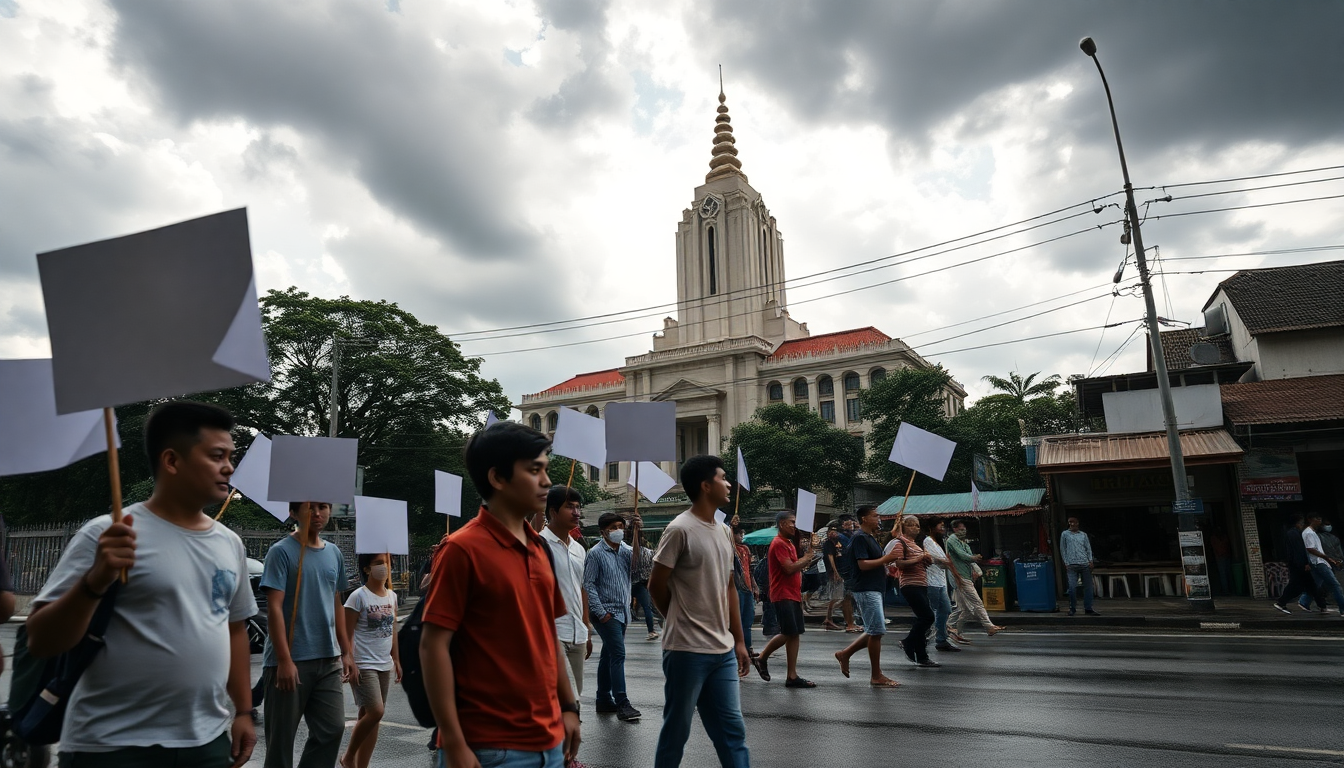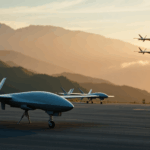Table of Contents
The political landscape in Myanmar has taken a chilling turn as the military government has enacted a stringent new law aimed at suppressing dissent in the lead-up to the upcoming elections. This move is part of a broader strategy to maintain control and silence any opposition that could threaten the military’s grip on power.
With elections expected at the end of this year, this law not only raises serious questions about the state of democracy in Myanmar but also highlights just how far the military is willing to go to secure its position.
What Does the New Law Entail?
Reportedly, the new law prohibits various forms of expression and organization that the government deems to undermine the electoral process. This includes anything from speech and organizing protests to distributing materials that could be interpreted as efforts to disrupt the elections.
Critics are quick to label this legislation a blatant attempt to stifle dissent, arguing that it’s a strategic move aimed at crafting an illusion of a legitimate electoral process.
Under this law, individuals found guilty of violating its provisions face severe penalties ranging from three to seven years in prison.
Offenses involving groups, which tend to be harder to control due to collective action, could lead to sentences of five to ten years. The law doesn’t stop there: actions like damaging ballot papers or polling stations could land perpetrators in prison for up to 20 years.
The most alarming aspect? If a disruption results in death, those involved could face the death penalty, underscoring the draconian nature of these measures.
Understanding Myanmar’s Political Context
Since the military coup in 2021, Myanmar has been engulfed in a complex civil war, with large regions remaining outside the military’s control.
The opposition, made up of anti-coup fighters and various ethnic armed groups, continues to challenge the military’s authority. As the election date approaches, analysts suggest these groups may ramp up their activities, signaling a strong resistance against the military’s oppressive regime.
The military’s attempts to gather census data, crucial for planning the elections, have faced significant hurdles. Reports indicate that an estimated 19 million of the country’s 51 million citizens couldn’t be surveyed due to security concerns. This lack of reliable data raises further questions about the legitimacy of any electoral process conducted under such conditions.
Global Reactions and What Lies Ahead
The international community has responded with alarm to Myanmar’s new law. A United Nations expert has called for the rejection of the upcoming elections, denouncing the entire process as a “fraud.” Tom Andrews, the UN special rapporteur on human rights in Myanmar, has voiced serious concerns that the military is attempting to create a facade of democratic governance while simultaneously undermining democracy itself.
This situation raises critical questions about the future of democratic governance in Myanmar. The military’s aggressive stance against dissent threatens not just the integrity of the electoral process but also poses significant risks to human rights within the country. As the political climate continues to deteriorate, the prospect of a legitimate and fair election grows increasingly dim, leaving the people of Myanmar in a precarious position. What does this mean for the future? Only time will tell, but the stakes are higher than ever.





